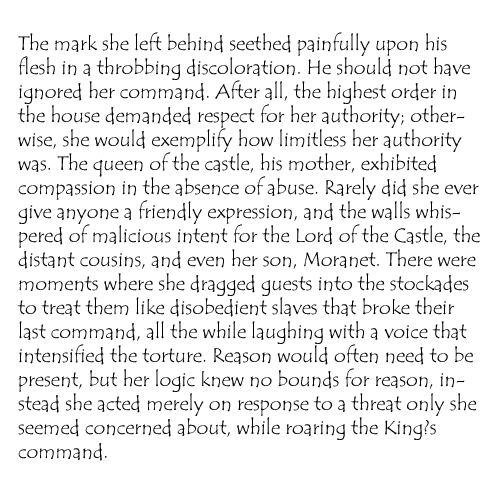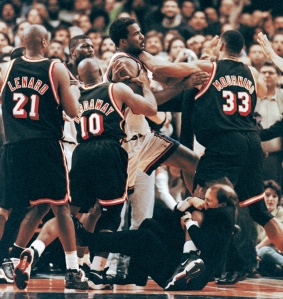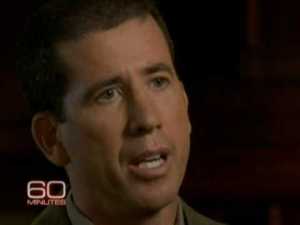I have a soft spot for the brooding, sorta-kinda sexist dudes of modern philosophy whose work has helped to bring a great tide of social change that ultimately is helping all subjugated classes have a language and approach uniquely suited to themselves.
Nietzsche is one of the fathers of modern philosophy who had a great impact our modern understanding of how we conceive of ourselves as individuals in the context of social constructs. His big challenge surrounded the concept of finding one’s own path in a world he found mired with decadence. Primary among his concerns was how Christianity leads us to behaviors that are pathetic and avoidant of reality. The biggest sin which really turned his stomach was pity – the ugly emotion which caused privileged people to rely on finding lower classes of people struggling to “help” creating a never-ending relationship of dependency (in both directions). Reading his texts closely, his anger was not at the downtrodden, but for those who wish to keep the downtrodden in their place. He wanted everyone to rise up to their highest heights of their own accords.
Unfortunately, his death led to his sister managing his estate and philosophical texts, which were turned over and used to help with Nazi propaganda. Oops.
In the wake of Nietzsche, a new era of philosophers took on the problems of the day. Sartre and Camus were front and center in France, arguing about personal responsibility for creating meaning in life.
Sartre argued for a radical freedom accompanied with radical choice and discussed the feelings of angst, despair, anxiety and such that accompanies such responsibility. He discussed the paradigm it inspires to cause each person to become a sort of model for all mankind, as each decision we make should be made with the expectation that anyone else in our shoes should make the same decision.
Camus came to the existentialist world from the side. He confronted the problem of meaning in life with a question – the problem of suicide. Essentially, we have to start by asking about meaning in life – if we have no access to an absolute source of meaning in life that is given to us, then how can we go on living? He goes on to claim that we have to live in defiance to our fate of not knowing or understanding a greater meaning to life. He compares the struggle to Sisyphus rolling the rock for eternity with a sort of gritty grin, a sort of fuck you to Hades for the absurdity of our position of existing in perpetual absurdity. Our struggle with absurdity leads the choices we make relating to society very important for creating the value of our own existence.
These philosophers could wrongly be attributed to leading to the conservative arguments that anyone can just pull up their bootstraps and make a better life for themselves. In all of their cases, they understood some of the subtleties of socialization and the challenges to asserting an individual identity within a society. Humans form themselves in the context of interacting with their environment.
Sartre and Camus were not conservatives, they had a history of working at an underground newspaper during German occupation. They understood the feeling of being underclass, though Sartre found that suddenly as a man of privilege thrown into the chaos of war and occupation that entered France. Camus was born into intense poverty in Algeria and barely made it out – without his close mentor helping to hone his ideas and show him a path forward to higher education and Paris, he may have stayed in the lower classes forever.
Individualism sprouted from these men from a confrontation with injustice, inhumanity and alienation. Before Nietzsche became the author of “The Antichrist” he was actually on the path of becoming a well-respected pastor. His experiences as a youth in the church environment soured him to that path in life as he saw the flawed thinking and behaviors it caused. Sartre wanted the world to be filled with people who maximized all of our abilities to practice our radical freedoms – without being at the expense of others. Camus stubbornly appealed to everyone’s better selves, even when it made him ridiculed (as when he looked for a peaceful solution for the future of Algeria before it degraded into war with France). The most poignant moment of his young life was witnessing the hanging of a condemned man by the state – his essay Reflections of the Guillotine indicates clearly his stance on standing up to injustice.
We don’t tend to view these philosophers as humanists because of their emphasis on the self. But from the self, we can understand that rising to our own heights involves the awareness of what shackles us. The stronger we support systems that benefit some at the expense of others, the more we lose ourselves. If the great individualist philosophers of the modern era could understand the relationship between society and self, we can now as well.
Selfish arguments that are based on raising a group up above others without any recognition of social systems is bankrupt. Nietzsche would call you decadent. Sartre would say you are arguing in Bad Faith. And Camus would say, “Freedom is nothing but a chance to be better.”
We are mired in an era filled with those who fight desperately to avoid the responsibilities afforded to their existence. Camus was right when he said, “Freedom is not made up principally of privileges; it is made up especially of duties.” Yet somehow the meaning of freedom continues to erode very clearly into the realm of privilege.
I will continue to speak out in the tradition of these individualists of modern philosophy, all doomed to garner the hatred of the conservatives of their time who wished nothing more than that power remained sucked into the orifices of the mouths who have always held power over others. Those who most arduously defend their “right” to privilege are the most lost and the most deserving to suffer from a healthy dose of pushback. People of any true talent and skill need not rely on holding others down for their own sense of achievement, which is why those who clutch to their privilege are also those most mired in a sad state of mediocrity.







